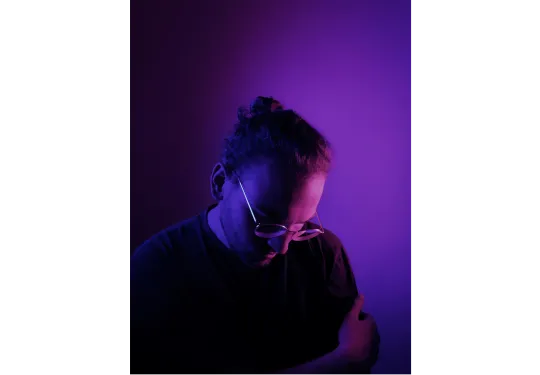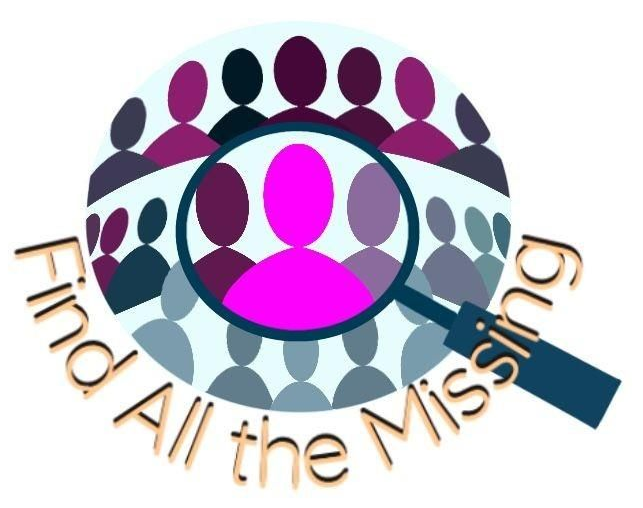Every year, thousands of missing persons cases are reported in the United States. However, what many may not realize is that there is a significant lack of representation for people of color in these cases. In fact, the FBI's National Crime Information Center (NCIC) reported that as of December 31, 2019, only 36.4% of missing persons in the United States were people of color. This has brought to light the issue of invisible victims: those who are disproportionately underrepresented and often overlooked in missing persons cases.

While the balancing scale should be even when it comes to representation of all in missing persons cases, it is not
The Underrepresentation of People of Color in Missing Persons Cases
The underrepresentation of people of color in missing persons cases is a complex issue that highlights systemic inequalities in our society. People of color, especially Black, Indigenous, and Latinx individuals, are more likely to go missing due to factors such as poverty, racism, and violence. However, despite being at a higher risk, these cases receive less media attention and resources compared to cases involving white individuals. This not only perpetuates harmful stereotypes, but it also hinders the search for missing persons of color.

Despair and helplessness are lonely places for those needing answers for missing loved ones, but have few resources
Lack of Resources and Support for Families of Missing Persons of Color
Families of missing persons of color face unique challenges and barriers in their search for their loved ones. They often lack access to proper resources and support, such as financial assistance, counseling services, and media coverage. In addition, language barriers and lack of cultural competency from law enforcement can further complicate the search. This lack of support and resources not only adds to the distress of the families, but it also hinders the investigation process.

Investigations of missing persons cases need a more inclusive approach so that no one feels unseen
Intersectionality: Marginalized Groups and Missing Persons
The intersectionality of marginalized groups and missing persons further demonstrates the complexity of this issue. LGBTQ+ individuals, immigrants, and individuals with disabilities are also at an increased risk of going missing. These groups face additional challenges and discrimination, making it even more difficult for their cases to receive attention and resources. This highlights the need for a more inclusive approach to addressing missing persons cases.

Change is long overdue so that all missing persons, including those of color, are clearly seen... and found
Calls for Change and Resolution in Cases Involving Missing Persons of Color
There have been calls for change and resolution in cases involving missing persons of color, including initiatives such as the Black and Missing Foundation and the National Center for Missing and Exploited Children's Missing Children of Color program. In addition, organizations and individuals have raised awareness and advocated for policy changes to address the systemic issues that contribute to the underrepresentation and lack of resources for missing persons of color. It is crucial for society to acknowledge and address these disparities to ensure appropriate attention is given to all missing persons cases, regardless of race or ethnicity.
Missing persons of color are often overlooked, but their families and communities bear the invisible burden. At Find All the Missing, we take on this challenge to help give voice and agency to the families and friends of so many marginalized and overlooked missing persons of color, in particular. Help us in raising the volume of awareness and reform.
